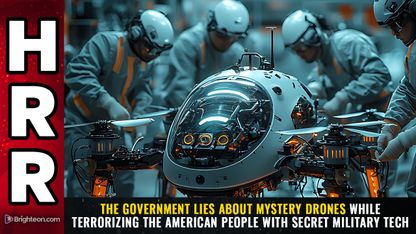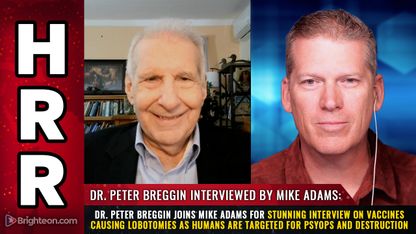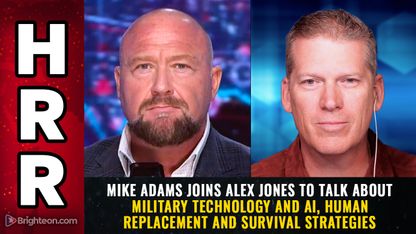
But because a friend was persistent and kept assuring me it was worthwhile television, I finally relented about three seasons in. One evening after work I searched Netflix and found the old episodes dating back to Season 1 and began watching.
I was hooked within the first 20 minutes. In fact, one of the opening scenes — gruesome though it was — broke new ground (for me, anyway) when one of the show’s main characters had to “kill” a child zombie. Cringe-worthy, for sure, but I found the storylines credible and the writing good.
Initially, the show focused on a small group of “unbitten” humans who worked daily to survive the zombie hordes that roamed city streets and the countryside. But as the show is getting ready to enter its 8th season, there have been some major changes to the storyline: For example, surviving “zombies” has taken on a secondary role and is no longer the biggest danger to survivors.
In fact, the biggest danger has become other survivors.
The show has been remarkably accurate in its portrayal of life after an apocalyptic event — though more realistically it won’t be zombies but a global financial collapse, nuclear war, long-term loss of the power grid due to a massive solar storm, etc. And to be sure, life after such an event would be grim. And difficult. And brutal. (RELATED: A ‘Walking Dead’ Scenario: This Is What Cities Will Look Like When Anarchy Hits)
Here are six things I think the show gets exactly right — consider them hard life lessons for real preppers who are committed to surviving whatever ends modern life as we know it:
1. Finding supplies will initially be easy, but then become very difficult. By supplies, I mean basic supplies: Food, water, medicines, clothing… things you need to actually survive from day to day. Following an event that has killed large percentages of Americans, shelter should also be fairly easy to find, and that shouldn’t change. But eventually, you’d run out of readily available supplies because surviving bands of people will steadily pick these easily accessible resources clean.
2. You have to get very creative when foraging for more supplies. That is, knowing where to look for them in abandoned homes, apartments, office buildings, stores, etc. Also, you will find amazing things you never thought you’d stumble onto in places where you didn’t expect to see them. (RELATED: When Society Collapses, You Are Far More Likely To Be Killed By Disease Than By Human Violence)
3. People will become extremely protective of “their own group,” while remaining very suspicious of anyone who is not an original group member or someone who joined later but has proven himself or herself to be loyal. Groups of survivors will become very tribal.
4. Powerful groups with lots of members will dominate smaller groups with fewer members. The larger groups will also command and control the most resources, and may even co-opt less powerful groups and force them to help supply the larger group. The larger groups will rule their domains with an iron fist. Punishment for breaking the group’s rules will be swift and harsh, as lessons to the others not to do the same things. Disloyalty will amount to a death sentence.
5. Firearms will become an absolute necessity, and even people who never liked, owned or fired guns will quickly find them invaluable. The search for weapons and ammunition will be as continual as the search for food, water, and other life-sustaining supplies. An armed group will survive much longer than an unarmed group and be subjected to far less brutality.
6. The ability to grow food and raise small amounts of animals for consumption will become an absolute necessity, given that there won’t be any operational food plants (or operational anything). Food — and gear, and weapons/ammunition, and anything else of practical use — will become the new currency; money will no longer carry any importance.
This kind of post-apocalyptic world will be cold (not physically, per se), cruel, brutal, humorless and dank. Every minute of every day will be spent on surviving, period. Even minor mistakes will lead to catastrophes and death.
The Walking Dead portrays life after disaster very accurately. Even if you’re not a “zombie” fan, it’s must-see TV for a prepper.
J.D. Heyes is a senior writer for NaturalNews.com and NewsTarget.com, as well as editor of The National Sentinel.
Sources:
Please contact us for more information.

















